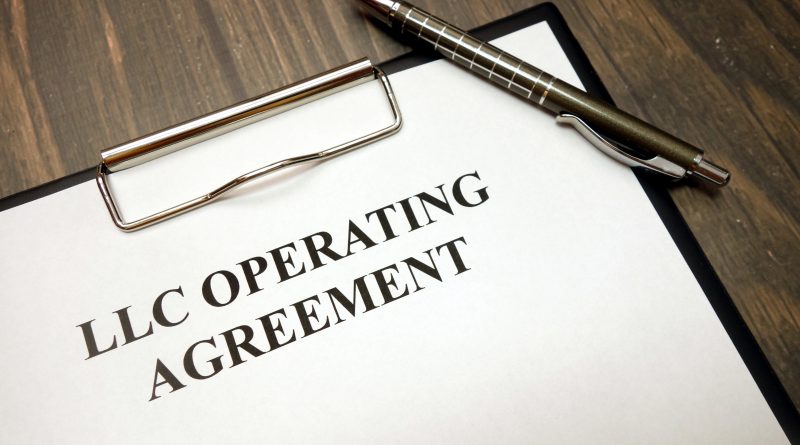The Pros And Cons Of Forming An LLC In Virginia
As an entrepreneur in Virginia looking to start a business, many business structures are available for your selection. You can decide to go for a sole proprietorship, partnership, Limited Liability Company (LLC), Public Limited Company (PLC), or a corporation. Each of these options has its pros and cons. How will you know the best one to formulate?
This article will help reduce your burden of choice by discussing the pros and cons of an LLC. Read on for more insights!
The Pros
- Asset Protection
As a business owner, it’s necessary to protect your personal assets from your business. You don’t want to lose everything should your company face a lawsuit or creditors get the right to seize your assets.
An LLC enables you to protect your personal assets. The court and creditors can only touch your business assets to seek compensation. If all the business assets are taken, you’ll have your personal assets to fall back on.
- Management Flexibility
The management of your business is a crucial aspect, where you need to be careful about whom you choose to run your company. If you prefer being a stand-alone owner, you can start Virginia LLC and manage it like a sole proprietor. Still, your business is recognized as an LLC.
Suppose you require assistance in running operations. You can also take one or many partners to run it with you as an LLC. Flexibility in management is beneficial and convenient, especially during upscaling. You aren’t tied down to a specific business structure, outside of which you’d have to change your business classification.
- Pass-Through Taxation
In most cases, when running a business, the state needs you to file taxes for the profits you’ll earn in your business and individual taxes. You’ll tend to spend a lot of money on taxation, not forgetting that it’s double taxation.
A pass-through tax system is where any business profits you earn will first be distributed to the owners and partners of the business. Each partner will then pay taxes under the individual income bracket based on the number of profits received. In no case will you pay taxes twice since you won’t pay tax as a company. You’ll only benefit from this taxation system if you operate an LLC.
However, it’s good to point out that if you’ve chosen to run your LLC under many partners, the law in Virginia requires you to fill out a partnership return form.
- Easy Payouts
During business formation, suppose you adopt many partners. Each must have contributed a given percentage towards raising capital. In most cases, you’d have to distribute profits and losses to each owner based on their share capital. The same applies to a limited liability company.
However, with an LLC, the payout system isn’t rigid. You can all decide how you want to share profits and losses. Your agreement will suffice as long as you document it in your company formulation documents. And if you want to change your agreement, you have to make a request and inform the relevant bodies.

The Cons
May Keep Away Investors
As previously stated, an LLC utilizes a pass-through taxation system. In most cases, this doesn’t sit well with most investors. Most of them prefer not to mix personal finances with business finances, and an LLC defeats this.
- Restricted In Some Industries
Although management is flexible, not everyone can wake up and decide to start a limited liability company. The law prohibits some professionals in service provision from operating an LLC, and these professionals are insurance companies, doctors, banks, etc. They’ve taken an oath to always act in good faith. Should any of them go against this and do some malpractice, they need to pay for their actions as individuals. An LLC defeats this purpose since its assets are protected in one.
However, they’re allowed to start a Professional Limited Liability Company, not just a generally limited liability company.
- Additional Costs
In Virginia, your business operational costs go beyond the amount you’ll pay for your LLC registration. The registration fee is often USD$50 on average. After this payment, you’ll then pay the same amount each year, in the second month, after the month you registered your business.
There are penalties associated with late payments, on average USD$25. However, should you fail to pay the renewal fee by the third month each year, the state can dissolve your LLC. You’ll have to re-register and incur the costs all over again. The other disadvantage of this is that until you register your LLC company again for dissolution, your personal assets are susceptible to lawsuits, and the court or creditors can seize them.
Conclusion
A limited liability company is a lucrative business entity to form, as long as you do it right. This article has discussed the pros and cons of this business structure. With this information, you can decide whether to formulate an LLC. Make the right decision, the one that won’t hurt you or your business in the future.

